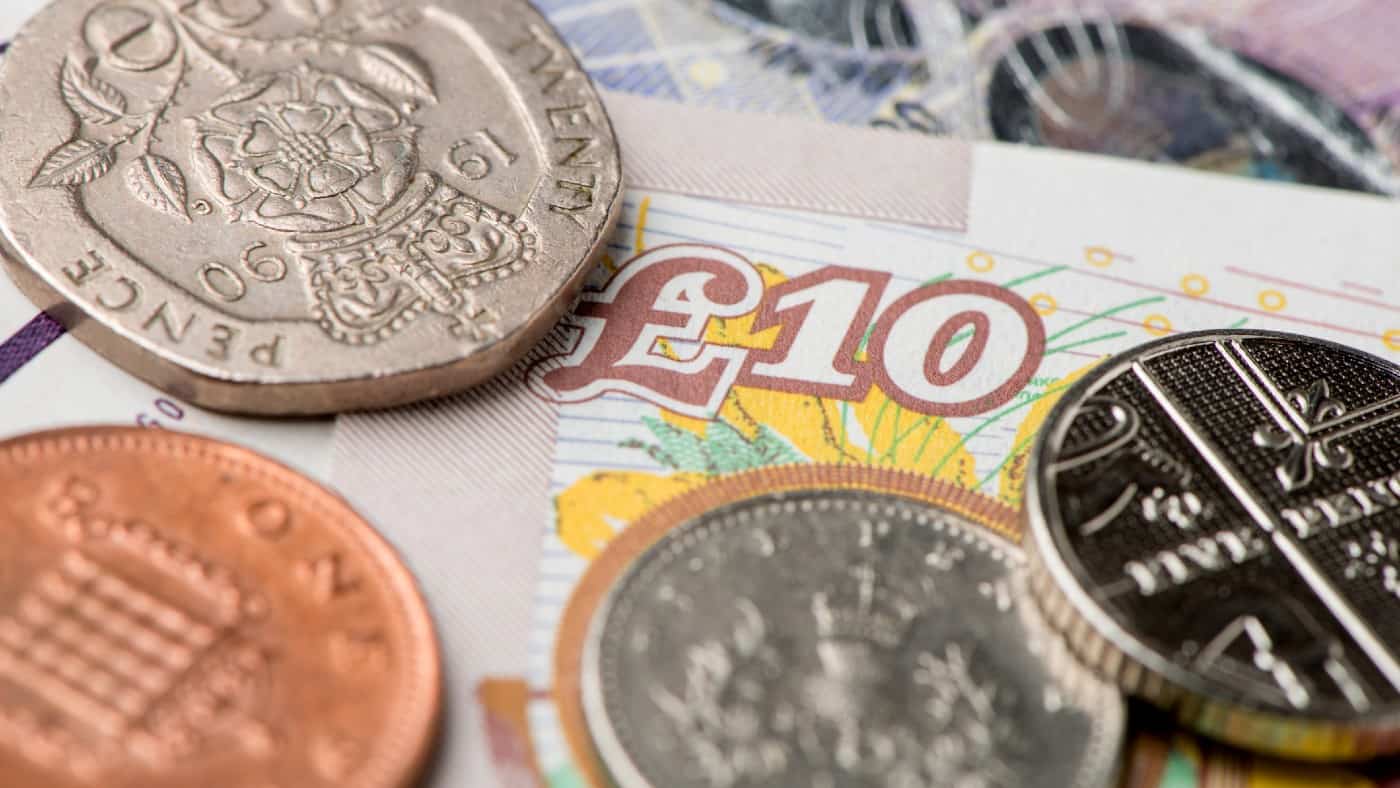Unlock the White House Watch newsletter for free
Your guide to what the 2024 US election means for Washington and the world
China is to impose tariffs on a swath of US imports and has opened an antitrust probe into Google as it retaliates against Donald Trump’s imposition of an additional 10 per cent tariff on its exports.
China unveiled tariffs of between 10 and 15 per cent on US liquefied natural gas, coal, crude oil and farm equipment, saying they would take effect on February 10.
Beijing also said it would impose tariffs on some car exports from the US and announced additional export controls on rare metals.
The measures came as Trump’s new levies on China came into effect after midnight on Tuesday in Washington, kicking off a second round of the trade war between the two countries that began during his first presidential term.
Trump is expected to speak to China’s President Xi Jinping in the coming days, prompting hopes that the leaders will be able to hammer out a deal to avert a full-blown trade war.
Hours before Beijing unveiled its measures, Trump had described his imposition of a 10 per cent extra tariff on China as an “opening salvo” in his renewed trade offensive against the world’s second-largest economy.
Hong Kong’s Hang Seng index, which had risen as much as 3.3 per cent on Tuesday, shed some of its gains after China’s retaliation to trade up 2.3 per cent.
The offshore renminbi also lost earlier gains and weakened 0.1 per cent against the dollar to Rmb7.32.
Prices for Brent crude, the international oil benchmark, dropped 0.7 per cent to $75.41 a barrel. West Texas Intermediate, the US benchmark, fell 1.8 per cent to $71.90 a barrel. Natural gas futures fell 2.3 per cent to $3.274 per metric million British thermal unit.
Trump had unnerved allies and investors with a weekend announcement of levies on Canada, Mexico and China, which he accused of not doing enough to curb immigration and the flow of the deadly opioid fentanyl and its precursors into the US.
But the tariffs against Canada and Mexico were delayed a month following last-minute talks on Monday between Trump and Canadian Prime Minister Justin Trudeau and Mexican President Claudia Sheinbaum.
China’s finance ministry said the US tariffs violated World Trade Organization rules. “It is not only unhelpful in solving its own problems, but also undermines the normal economic and trade co-operation between China and the US,” said the finance ministry.
It added that US coal and LNG exports would face a 15 per cent tariff, while crude oil, agricultural machinery, cars and pick-ups would receive a 10 per cent tariff.
China was the second-largest buyer of US coal in the first three quarters of 2024, accounting for 10.9 per cent of total coal exports and trailing only India, according to data from the US Energy Information Administration.
US natural gas exports to China accounted for 2.9 per cent of total natural gas exports from January to November 2024, according EIA figures.
The White House did not respond to a request for comment.
China’s antitrust regulator on Tuesday also announced an investigation into Google for suspected violations of anti-monopoly laws.
While the search engine is blocked in China, along with most of parent company Alphabet’s businesses, the US group profits from Chinese businesses advertising abroad. Chinese phonemakers also widely use its Android operating system.
Alphabet does not break out its revenue from China, but the Asia-Pacific region contributed 17 per cent of sales in 2023.
Meanwhile, China’s commerce ministry said it was imposing export controls on tungsten and more than two dozen other rare metal products and technologies, effective immediately.
The commerce ministry also placed PVH Group, an American clothing maker whose brands include Calvin Klein and Tommy Hilfiger, on China’s “unreliable entity list”, a national security blacklist.
The move followed an investigation by China into PVH for alleged discrimination against cotton from China’s western Xinjiang region, where Beijing is accused of human rights violations including forced labour.
The ministry said it was also adding US biotech group Illumina to the list “to safeguard national sovereignty, security and development interests”.
While there was some optimism for an agreement in the coming days to ease trade tensions, economists were doubtful.
“The likelihood of [an] agreement to avoid tariffs appears limited,” said Robin Xing, chief China economist at Morgan Stanley. “Paths to de-escalation . . . remain narrow and would require significant compromises from both sides.”
Additional reporting by Demetri Sevastopulo in Washington
Credit: Source link














